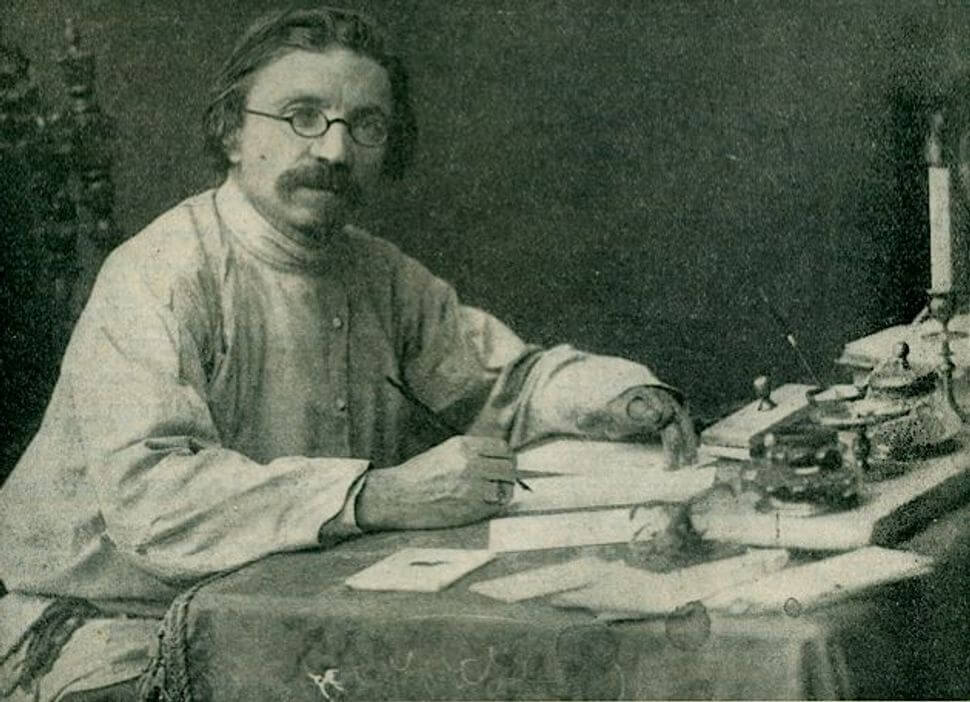Sidney Schanberg, ‘Killing Fields’ Journalist, Dies at 82
Sydney Schanberg, a former correspondent whose Pulitzer Prize-winning coverage of the fall of Cambodia to the Khmer Rouge inspired the movie “The Killing Fields,” died on Saturday at age 82, the New York Times and Newsday reported.
Schanberg, who worked for both newspapers in his career, gained international prominence for his reporting on the atrocities accompanying the communist takeover of Cambodia.
He suffered a heart attack earlier in the week and died on Saturday at Vassar Brothers Medical Center in Poughkeepsie, New York, his wife, Jane Freiman, told Newsday.
His work helped to bring worldwide attention to the brutal genocide in Cambodia during the 1970s.
A foreign correspondent for the New York Times, Schanberg and Cambodian journalist Dith Pran stayed in the country in 1975 as other Western journalists and leading officials fled the capital of Phnom Penh. Both were captured and threatened with death, the New York Times noted.
Schanberg eventually was evacuated, and he returned to the United States, while Pran endured years of brutality as a prisoner in the country.
Schanberg’s writings about Pran’s ordeal inspired the 1984 movie, “The Killing Fields.” The actor playing Pran, Dr. Haing Ngor, won an Oscar for best supporting actor for the film. Sam Waterston portrayed Schanberg in the film.
Schanberg, hired as a copy boy at the New York Times in 1959, spent 26 years at the newspaper in roles that included metropolitan editor and a columnist.
He left the New York Times in 1985, after his column was discontinued, and joined Newsday, also in New York. He was a columnist and editor there for 10 years, Newsday reported.













